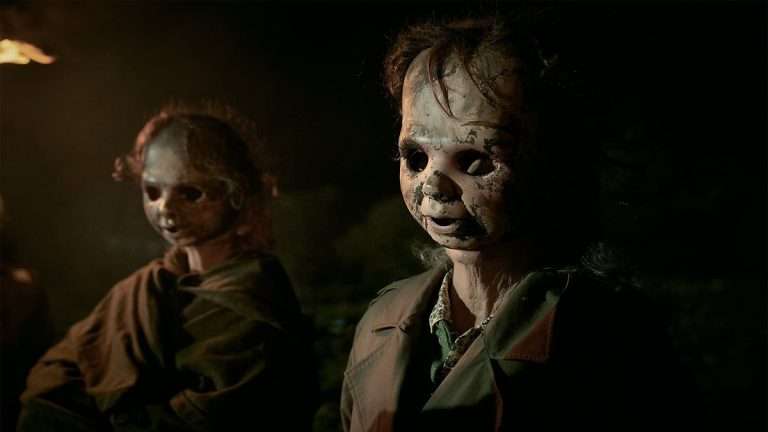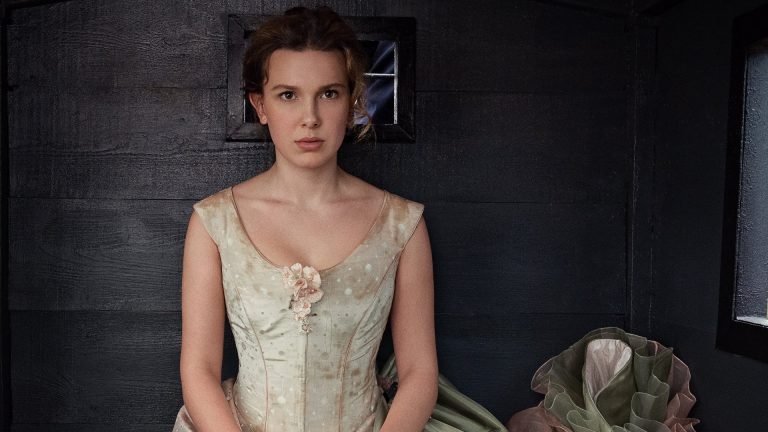Sandra Beerends’ “Neshoma” is an invocation of a bygone era, lives endured and lost, by turns wondrous and affecting. A real panoply of emotions bubbles to the fore as we are invited into the life and times of a fictional woman called Rusha. Culled from a compendium of Jews’ memories, lived experiences, Rusha’s experiences are an encapsulation. As persevering and resilient as she is, there are also multiple surprises that she encounters.
They could have run her down, but she chose to soldier through. Placed against a largesse of archival footage, Rusha is introduced as a teenager in Amsterdam with a promising future before her. Daniella Kertesz’s extensive voiceover stitches the film into a coherent form. Sprawling over several years, “Neshoma” props up the conceit of letters that Rusha writes to her brother Max, who’s away in the Dutch East Indies. Chess moves, bookending the letters, become a promise of further communication, a relationship nurtured over time and honed with due attention.
We witness a community spread through a flowering resolve. The documentary picks up the Jewish narrative in the wake of the first world war. Debris are still fresh but there’s an optimistic surge. The Jewish community slowly but surely seeks to head into carving out its place. Things seem to be proceeding with a tinge of determination. Along with Rusha’s testimony is splayed a vivid, immersive portrait of her community.
We see Jews before they are tarred forever with history’s horror. Rusha is resilient, lively, and curious. She isn’t someone easily bent by misfortune. A letter about a miscarriage is succeeded by a dash of hope, renewed vigour in looking at life. We’re taken with her through many jobs, infatuations, and marriages. What transpires is a portrait of a woman incredibly capable of bouncing back from life’s harshest punches. She picks herself up, squaring for whatever life flings her way, replete in its vicissitudes. Buoyed by her family, she pushes for change at her workplace. She’s struck by the many hours of work at the sewing factory without any breaks.

There’s the beady-eyed zeal to set things right, make things, and move towards a positive, productive semblance. Beerends succeeds in evoking a rich sense of a world, a people arriving at a foothold right at the eventual edge of unfathomable tragedy. Before turning to horror, what’s the shape of things? Does foreboding linger in the air already? Can you hold a measure of situations before they start fully crumbling? The worst inkling may appear forbiddingly true, well-founded.
“Neshoma” summons with economy and elegance a huge social churn-lives roiling to scrape out some happiness, a whiff of a solid new beginning. Life is a rollercoaster, spilling with joys and anguish alike. What the film does well is to capture that oscillation as well as a sense of doom rising. As buildings are destroyed, roads and places are renamed, the terrors wrought by National Socialism threaten to wipe out any groundswell of destiny by Jews. Suddenly, everything seems to be wholly undone. The spell gets broken.
“Neshoma” offers an expansive window into a community in flux, arcing through possibilities of salvaging and seemingly irreversible damage. When there’s so much despair and devastation, how do people find in themselves the spirit and fortitude to claw back into recovery? Can there be a return to a sliver of joy? Everything seems untenable, awfully precarious despite circumstances hinging on great promise.
Life’s a see-saw. “Neshoma” brings a crashing sense of tragedy as it winds up, the longed-for response giving a bittersweet, wistful culminating bow. With the sister’s ultimate ‘relocation’ to Germany as the Holocaust clinched itself, “Neshoma” accrues a gut-wrenching emotional realisation. A life built with care and love is ripped away, as are scores of others. With a light balance of history, memoir, and empathetic imagination, the film remembers those lives wrenched into annihilation, a community shoved into unthinkable loss. This is a vital film.




![How to Kill a Cloud [2021]: ‘Locarno’ Review – The Quandaries of a Rainmaker](https://79468c92.delivery.rocketcdn.me/wp-content/uploads/2021/08/How-to-Kill-a-Cloud-2021-768x512.jpg)


![Super Dark Times [2017]: Fantasia Film Festival Review](https://79468c92.delivery.rocketcdn.me/wp-content/uploads/2017/07/SuperDarkTimes_1-768x429.jpg)